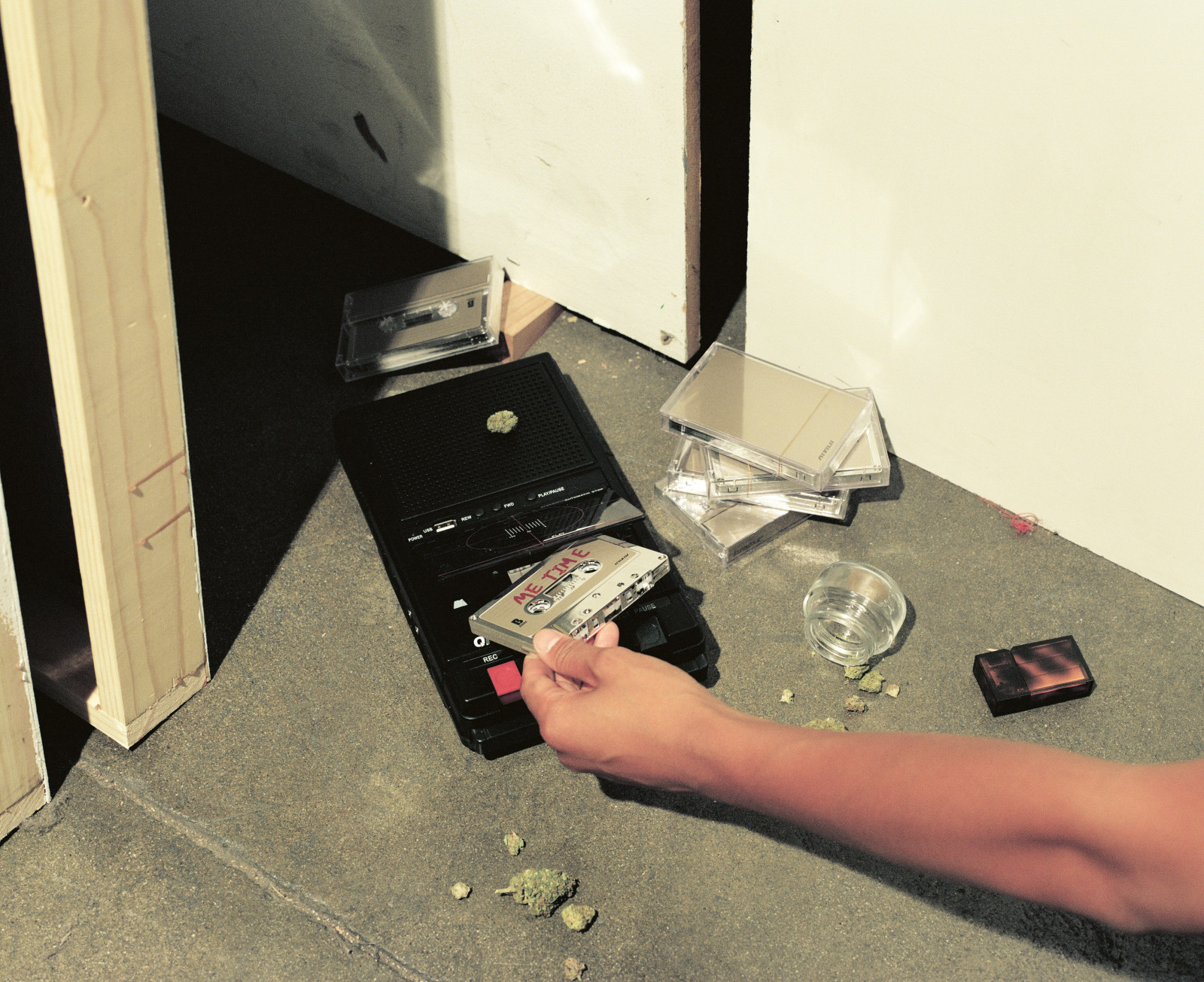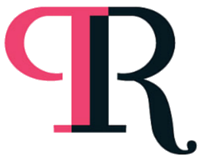
My dad raised the three of us with a very specific focus on personal development. For context, I grew up in a family that prioritized sports and extracurricular activities as a way to teach us discipline. I grew up watching my dad exercise these same traits in all aspects of his own life as a pastor, businessman, and athletic trainer. Widely known for his track record as an elite soccer coach, his legacy includes the successes of several players who went on to earn full rides to college, along with national and international stardom. Over the last twenty years, he has adopted a long history of methods and formulas that most would deem crazy, boring, and sometimes far too simple. Onlookers always pushed back as they thought it would be better to go further, faster, and wider. But he was always focused on the small and often overlooked details that could make a big difference in the end. He understood the game and the path towards winning.
I share this so when you see me post my workouts in the lab you’ll know exactly who I get my dedication from. It was this work ethic that led to my decade’s long love for competitive swimming. Before the age of 10, I was up by 5 a.m., at swim practice by 6 a.m., headed to class immediately afterwards, only to be right back in the pool later that afternoon. This was my routine for years. But I couldn’t have sustained such a rigorous schedule and commitment to my vision of making it to the olympics without the accountability of a dedicated coach. As I reflect, I see how often coaches in my life equipped me with the opportunities to achieve success throughout my life.
This support was no different as I got older. Only now, as my focus shifted from sports to exploring my purpose, a different kind of coach was needed. As I set out on this journey, my mental health began to decline in the process. Unwanted opinions filled my head, and in time, the noise drowned out the sound of my own voice, altogether. Exploring a life beyond sports meant that I no longer had the safety of my sanctuary; one that hid horrific memories of teen bullying, teen abortion, sexual assault, physical and emotional abuse, and a learning difference the led to me dropping out of school. Without sports, my hiding place, my inner compass had been compromised the more I succumbed to the pressures inflicted by those around me. In an attempt to find my footing, my long uphill battle began. With absolutely no coping mechanisms to help work through bouts of depression and anxiety, my addiction to prescription drugs, suicide ideation and attempts, isolation, and emotional instability became my new routine.
The more my mental health declined, the more my family opted to pray my symptoms away. To no one’s surprise, my family didn’t believe in therapy. My recovery process only began the day I chose to take back control of my life and seek out help myself.
There’s no way I’d be able to run a successful company and move in and around the matrix without the help of my therapists. They pulled me in, reshaped my vision, and handed me a new outlook on life. Becoming mentally strong is a process. A long one. And even to this day, I’m still on a journey to “figuring it all out.” Just like me, there are many high-functioning people that you and I work with every day who are also figuring life out, too.
I miss sports, and the protection it provided me with during some of my darkest days. But the discipline it taught me allows me to appreciate the varying levels of leadership I partake in at this stage of my life. My unique experiences inform the work I do, and also helps me to empathize with others on a much deeper level. The lives we lead, especially as we identify and seek out our dreams are rarely ever linear. My story of survival has given me the tools to ensure I’m not the only one to reclaim the light that life can, at times, strip away from us.
To be a woman of color often means holding a vision of greatness that most could never fathom. These are the things I love the most about being who I am. Even when the odds are stacked high against someone like me, it’s never the end of the story.
One of the reasons I get to continuously re-write my story is because I have an amazing team behind me at my company, WritersBlok. Launching my ghostwriting agency years ago was one of the best things I could’ve done. However, in making this dream a reality, much like the world of sports, and unbeknownst to onlookers unfamiliar with the industry, the world of communications can be very emotionally taxing.
July is National Minority Mental Health Awareness Month and while I appreciate its focus, I believe mental health awareness should occur every day. This is why I’ve dedicated the last 14 years of my life to speaking up on an issue that will always hold a special place in my heart. It’s also why I decided to hire my very own Wendy Rhoades (shout out to my Billions fans) at my company to offer on-call support to my staff. As a psychotherapist and performance coach, having her on our roster ensures she’s able to provide group and individual support to every member of my team, at their leisure and at no cost to them.
So today I’m challenging my friends who are CEOs to look into their own company practices and policies to see how they can make mental health initiatives more affordable and accessible for all.
My family doctor, the one I’ve been with my entire life, is a wealthy, white man who had access to absolutely anything I required to get me started on my road to recovery. However, many of my peers aren’t as fortunate as they pray for a turn of events while they remain on neverending waitlists. Others are often blocked by a lack of insurance or the funds required to receive this necessary line item. Social media has normalized conversations around therapy, but I don’t see many leaders doing much to break down barriers. At the top of this year, I fulfilled a promise to my team and with the few group therapy sessions we’d had together thus far, I’ve already noticed a big difference in their performance because we created a space for all of us to exhale.
We all need it sometimes.
I’ve said all of that to say, if you don’t have access to a therapist, there are some platforms that can assist. The first one that comes to mind is the Loveland Foundation; a therapy fund that provides financial assistance to Black women and girls. If not a therapist, I recommend seeking counsel from someone you trust, like a mentor, a pastor, or a coach. And if any of you have resources you’d like to share, please do. Let’s show up for each other and make sure no one gets left behind.
No matter how you choose to do it, prioritize a check-in with yourself today. Therapy isn’t only for those who have feelings of despair or in the midst of their darkest days. Therapy, and any similar form of support, is a great tool to help with the maintenance of your peace of mind.
